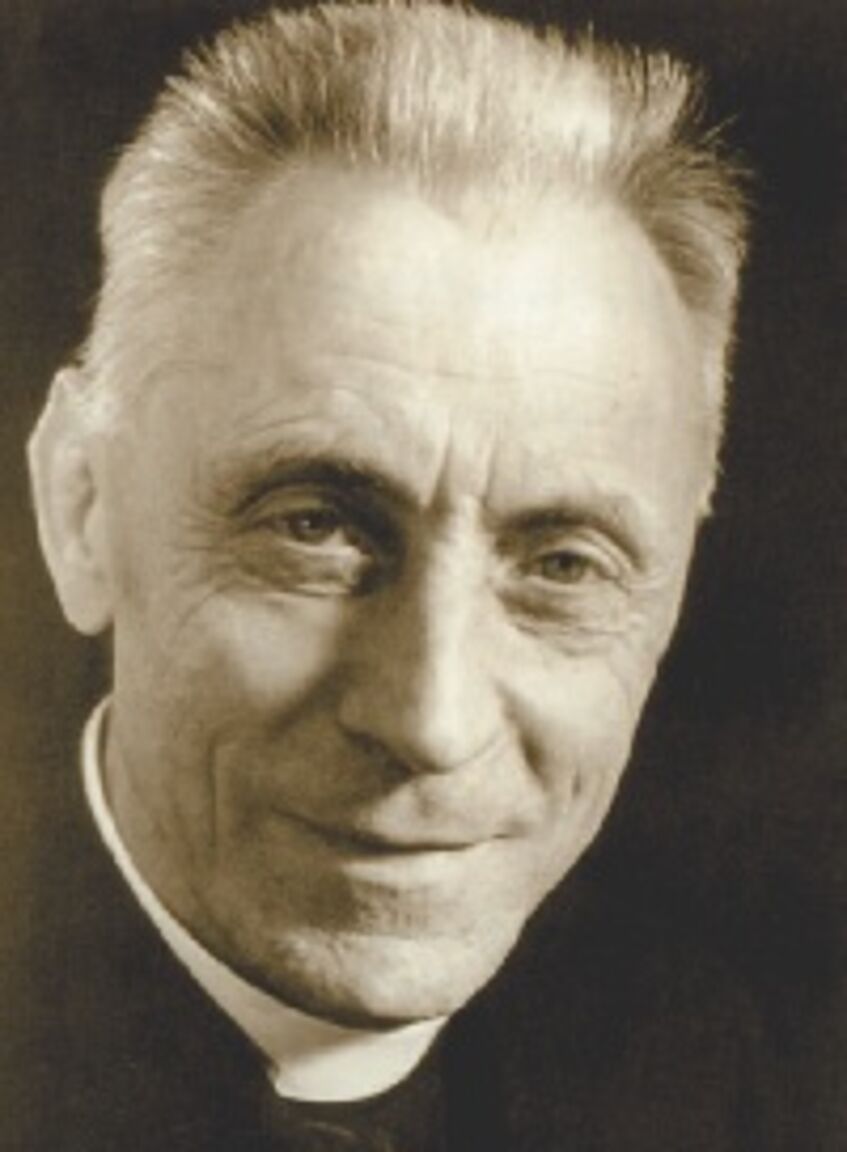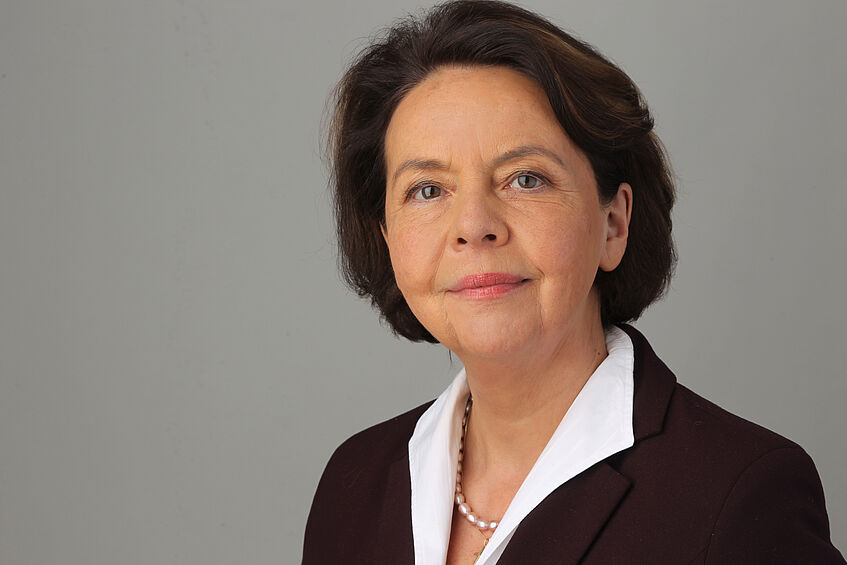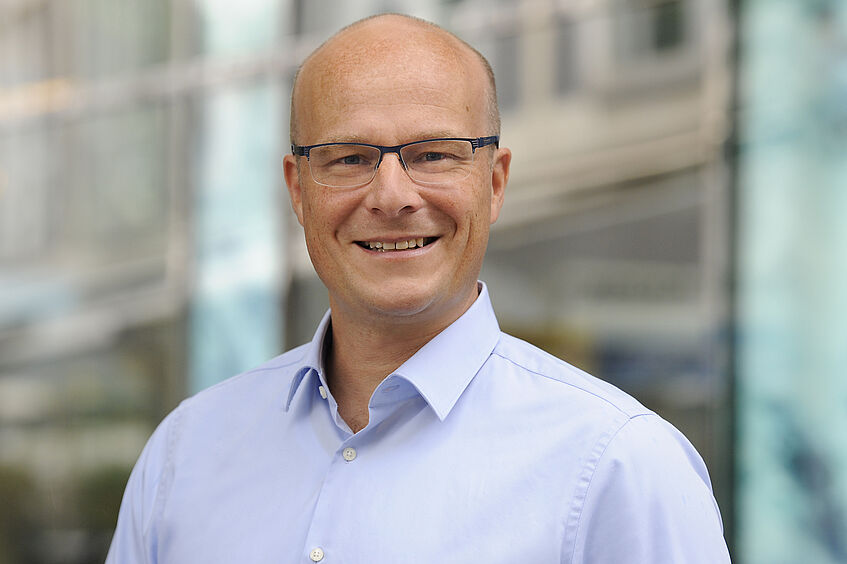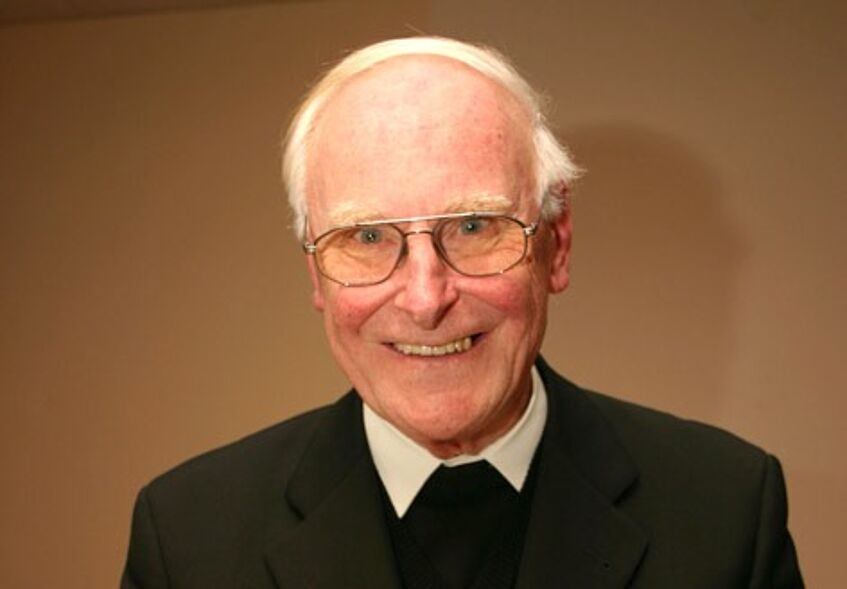History of the Department of Social Ethics

Johannes Messner
In 1935, the chair of “Ethics and Christian Social Sciences” was established at the Catholic Theological Faculty of the University of Vienna. Johannes Messner held the chair until 1962, and with his ethical approach based on natural law he left his mark on the department for many years. Thematically, Messner took up the natural law theorem, which he interpreted as a theory of the social. In essence, he assumed a distinction between the natural, i.e., all that is comprehensible through reason alone, and the supernatural, i.e., all that is comprehensible through faith and revelation. The distinction has been significant regarding the importance of the chair in the canon of subjects of theological faculties, since the Christian social sciences were thus also dependent on other disciplines in their argumentation. Messner’s ethics of natural law comprises three parts: a philosophy of law and legal ethics, a doctrine of principles of natural law, and an ethics of the individual.
In 1966 Rudolf Weiler took over the chair. In the course thereof, the Faculty of Catholic Theology requested the University of Vienna to redesignate the chair as an institute, which subsequently was approved. Professor Weiler became the director of the newly founded institute. He was supported by his assistants Werner Freistetter and Ingeborg Gabriel. In his research and teaching, Weiler continued the work of his predecessor Messner and concretized his questions for various areas of life. In particular, Weiler turned his research initiatives to international ethics and peace ethics. In this context, he also devoted himself above all to the dialogue with communist institutions and colleagues in the field of ethics. In the wake of the geopolitical upheavals of 1989 and 1990, which included the decline of communism and the fall of the so-called “Iron Curtain”, those activities were further pursued and strengthened in the Association for Catholic Social Ethics in Central Europe. Weiler took advantage of the opening to neighboring Eastern European that resulted from the cooperation in the Association and thus established relationships that are still maintained today. The Central European Exchange Programm for University Studies (CEEPUS), which exists since 2012 and is dedicated to the subject are of “Ethics and Politics in European Context”, can also be perceived as a result of these. Fifteen partner universities from Central Europe are actively involved in this exchange program. A driving force behind the international exchange of young scholars was Maijana Kompes (assistant and the institute from 2011-2015), who now teaches at the Catholic University in Zagreb as junior professor.

Ingeborg Gabriel
In 1997, Ingeborg Gabriel took over the chair and the direction of the institute. Prof. Gabriel was the first female professor in the history of the faculty. Under her direction, the institution was renamed the „Institute for Social Ethics” in 1998 and integrated into the “Institute for Systematic Theology and Ethics” as a department in 2016. With her background in social sciences (economics, international relations) and theology, Professor Gabriel dedicated herself on the one hand to the broad ethical-practical and society-oriented tasks of the Institute in research and teaching. She also paid special attention to the discourse on fundamental question of social ethics: the purely natural law based argumentation increasingly lost its persuasive power for social ethics at the end of the 1980s/beginning of the 1990s. On the one hand, questions on the inner theological connections points in a pluralistic society arose. On the other hand, there was the question of how to connect with secular social-ethical discourse in the German-speaking and global context. The former requires a stronger reflection, among other things, on the biblical-theological foundations of the discipline; for the latter, a link to human rights based on human dignity appears suitable, which, on close inspection, relates to natural law paradigms – especially regarding its universality. During Prof. Gabriels time, it was the concern of the Institute to address these and other central question of political and economical ethics and ecumenical and interreligious dialogue. This concern is still reflected today in the mission statement and the main areas of research of the department.

Alexander Filipović
With the retirement of Professor Gabriel in October 2020, Alexander Filipović took over the chair in February 2021.
For more details:
Gabriel, Ingeborg: Paradigmenwechsel in der Sozialethik, in: Johann Reikerstorfer/Martin Jäggle (Hg.): Vorwärtserinnerungen. 625 Jahre Katholisch-Theologische Fakultät der Universität Wien, Göttingen 2009, S. 145-172.
Dies.: Naturrecht, Menschenrechte und die theologische Fundierung der Sozialethik, in: Werner Vogt (Hg.): Theologie der Sozialethik, Freiburg 2013, 259-251.
Dies.: Spannende Zeiten, in: Konrad Hilpert (Hg.): Theologische Ethiker im Spiegel Ihrer Biografie. Stationen und Kontexte, Paderborn 2016, 165-186.

